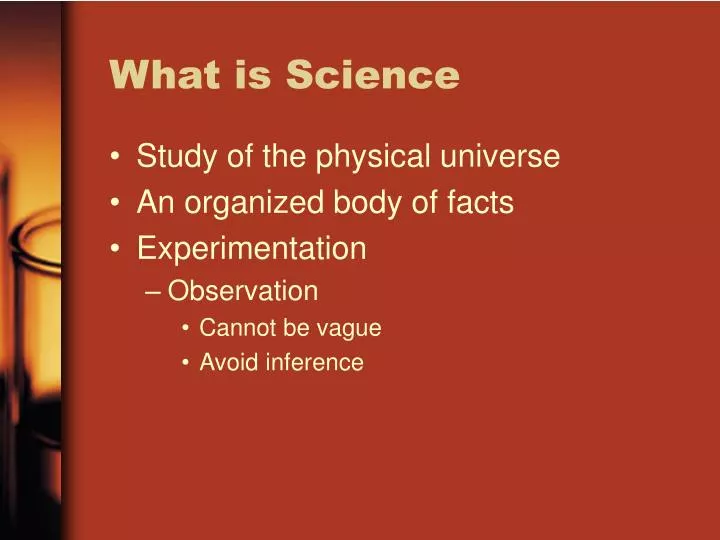


Here are just a few examples of how modern scientific practices have been transformed by increasing knowledge, changing societal concerns, and advances in communication and technology. Science is deeply interwoven with society, and as it has changed, so too has science. Science will always look for explanations for what goes on in the natural world and test those explanations against evidence from the natural world - but exactly how this gets done may evolve. But what about the process of science itself? Has this fundamental aspect of the scientific enterprise changed over time? And as the attitudes of the broader society have progressed, science has benefited from the expanding diversity of perspectives offered by its participants. One hundred years later, scientists searching for new particles like the Higgs boson use a supercollider - a 17-mile-long machine that costs several billion dollars and will produce data to be analyzed by the most powerful supercomputer in the world. Science has come a long way in the last 150 years! We now have more powerful data analysis techniques, more sophisticated equipment for making observations and running experiments, and a much greater breadth and depth of scientific knowledge.

Thomson discovered a new particle of matter - the electron - at the turn of the century, his lab equipment mainly consisted of vacuum tubes, magnets, and some simple wiring.

One hundred and fifty years later, modern plant genetics laboratories, like Chelsea Specht’s below, look a lot more diverse and employ the latest DNA sequencing techniques. When Gregor Mendel began his investigations of plant genetics in the 1800s, he worked alone - a middle-aged European monk counting peas in the abbey garden. Thomson photo © the Cavendish Laboratory, Cambridge University Large Hadron Collider photo © CERN. Photo credit: Mendel image courtesy of the American Philosophical Society/permission to publish required Specht lab photo courtesy of Chelsea Specht J.J. Thomson’s primitive equipment to today’s Large Hadron Collider - science has indeed come a long way. From Gregor Mendel’s experiments with peas to the work on plant evolution in a modern lab, and from J.J.


 0 kommentar(er)
0 kommentar(er)
